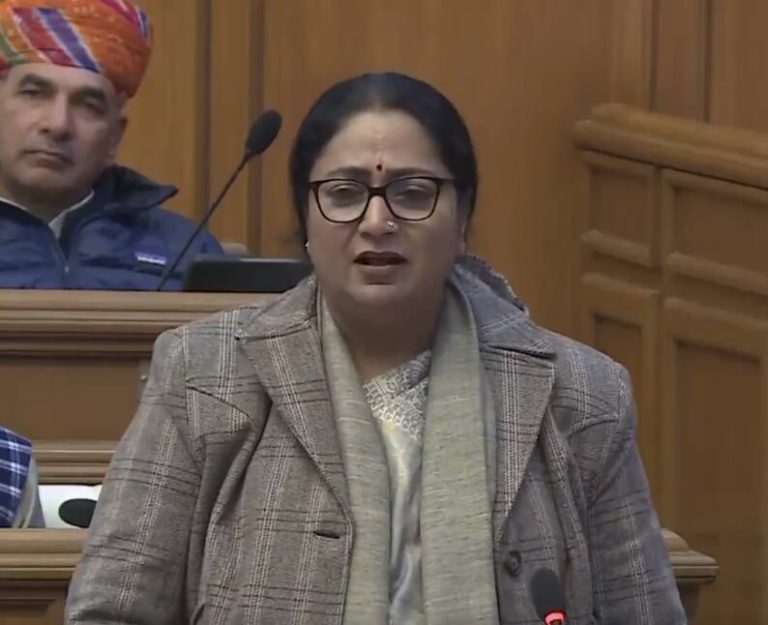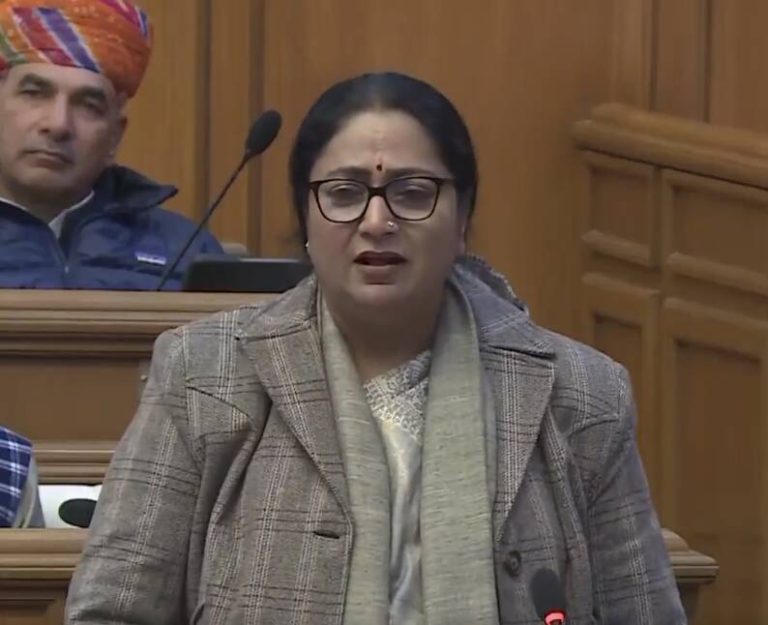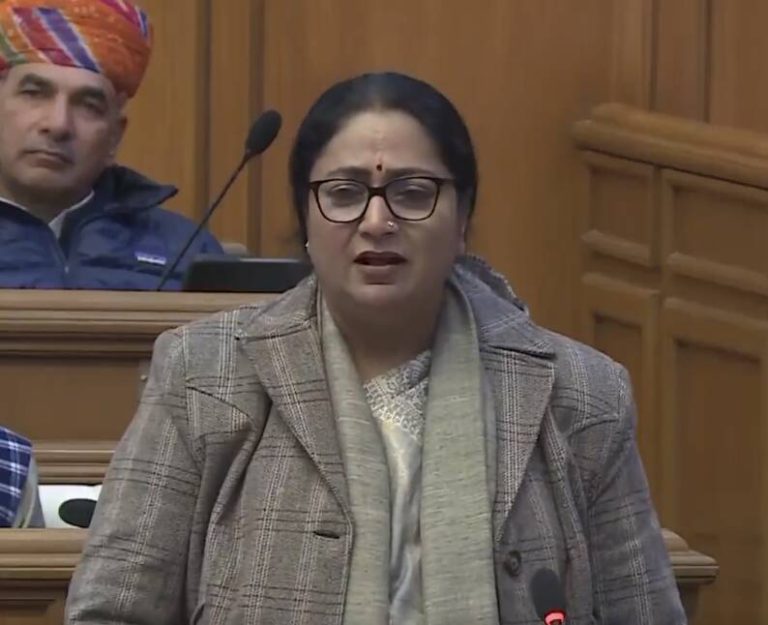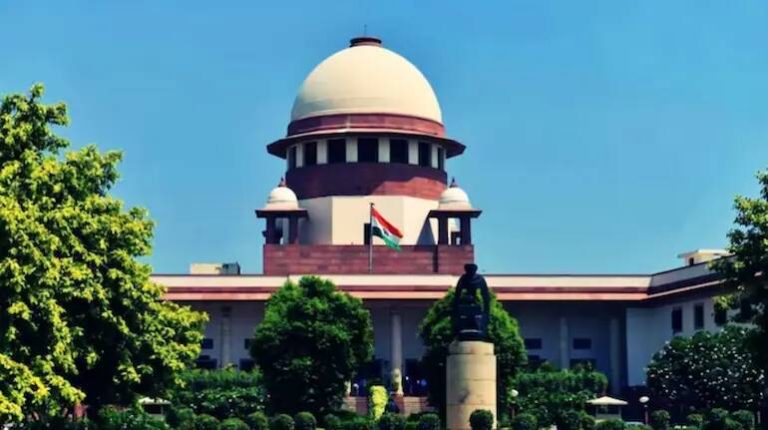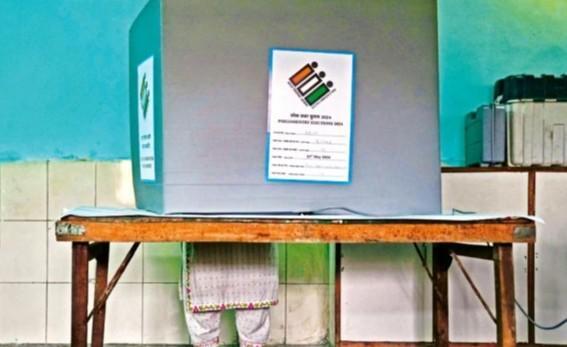
8 in every 10 candidates in Bihar lost their deposit after results
The recent assembly elections in Bihar have thrown up some interesting insights into the state of politics in the region. One of the most striking aspects of the election results is the fact that a staggering 80.5% of all candidates who contested the elections lost their deposit. This means that out of a total of 2,616 candidates who contested over 243 seats, a whopping 2,103 candidates failed to win at least one-sixth of the total vote share in their respective seats, resulting in the forfeiture of their deposits.
To put this into perspective, each candidate is required to pay a deposit of ₹10,000 to contest assembly elections. This deposit is refundable if the candidate manages to secure at least one-sixth of the total vote share in their constituency. However, if the candidate fails to achieve this threshold, their deposit is forfeited. In the case of the recent Bihar elections, the total forfeitures amounted to a staggering ₹2.12 crore.
It’s worth noting that the largest share of forfeited deposits came from Independent candidates. This is not surprising, given that Independent candidates often struggle to gain traction and secure votes in the absence of party backing and resources. However, what is surprising is the sheer scale of the forfeitures, which highlights the challenges faced by candidates who choose to run as Independents.
The data also reveals that some parties performed better than others in terms of retaining deposits. For instance, the Jan Suraaj party, which fielded 238 candidates, managed to retain deposits for just 2% of its nominees. This suggests that the party’s candidates struggled to make an impact in the elections, and were unable to secure the necessary votes to retain their deposits.
The phenomenon of candidates losing their deposits is not unique to Bihar, and is a common feature of elections across India. However, the scale of the forfeitures in the recent Bihar elections is noteworthy, and highlights the need for electoral reforms to make the process more inclusive and representative.
One possible explanation for the high number of forfeited deposits is the fact that many candidates who contest elections do so without a realistic chance of winning. This can be due to a variety of factors, including a lack of resources, poor campaigning, and limited voter support. In such cases, the deposit forfeiture can be seen as a deterrent, discouraging frivolous candidates from contesting elections in the future.
However, others argue that the deposit system can be unfair, particularly to smaller parties and Independent candidates who may not have the resources to contest elections effectively. In such cases, the deposit forfeiture can be seen as a penalty, which can disproportionately affect marginalized groups and individuals who are already underrepresented in the political process.
Ultimately, the issue of deposit forfeitures highlights the need for a more nuanced and inclusive approach to electoral politics. By making the electoral process more representative and accessible, we can encourage a more diverse range of candidates to contest elections, and ensure that the voices of all citizens are heard.
In conclusion, the fact that 8 in every 10 candidates in Bihar lost their deposit after the recent elections is a striking commentary on the state of politics in the region. While the deposit system is designed to deter frivolous candidates, it can also have unintended consequences, such as discouraging marginalized groups and individuals from participating in the electoral process. As we move forward, it’s essential that we consider the implications of the deposit system, and work towards creating a more inclusive and representative electoral process.
